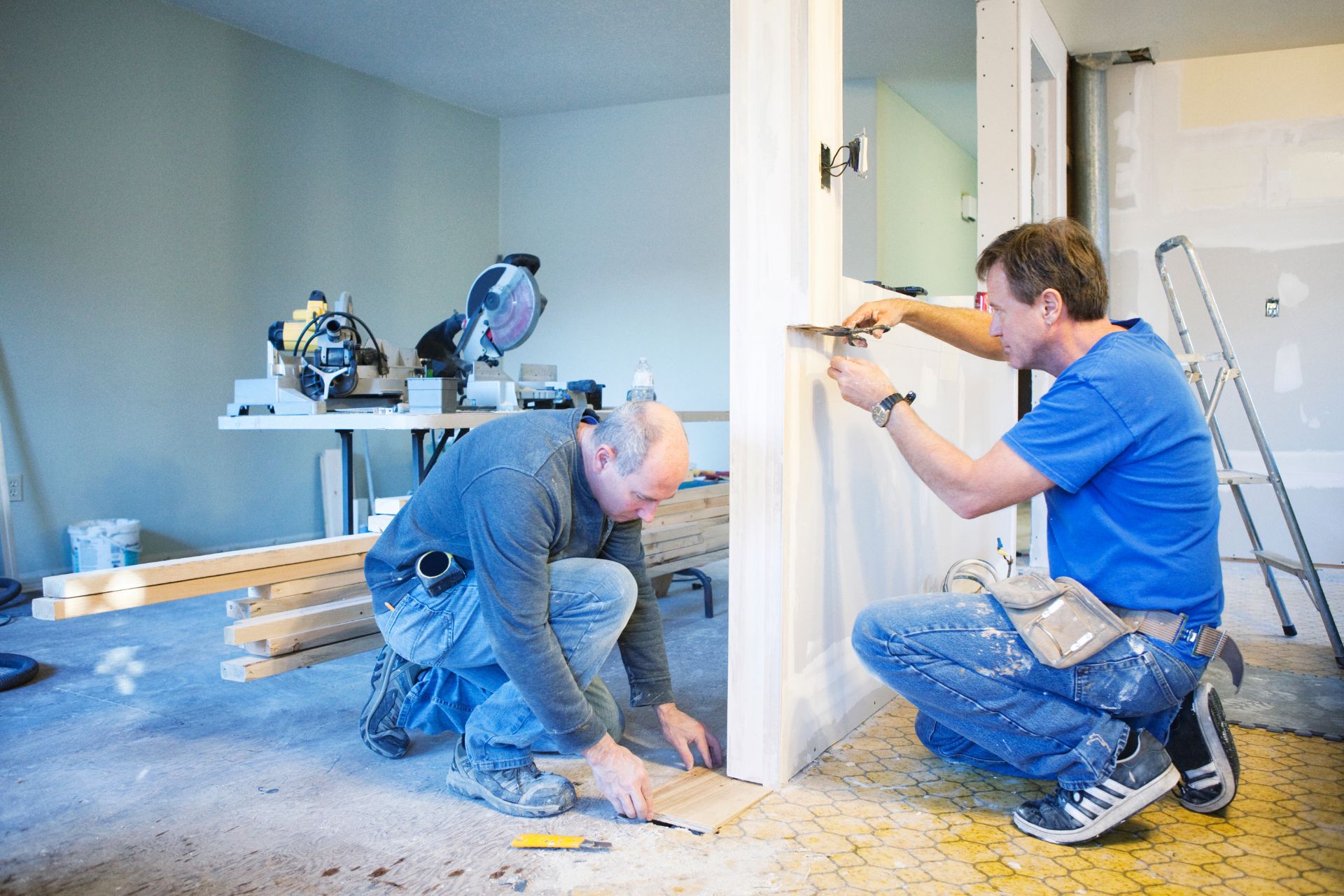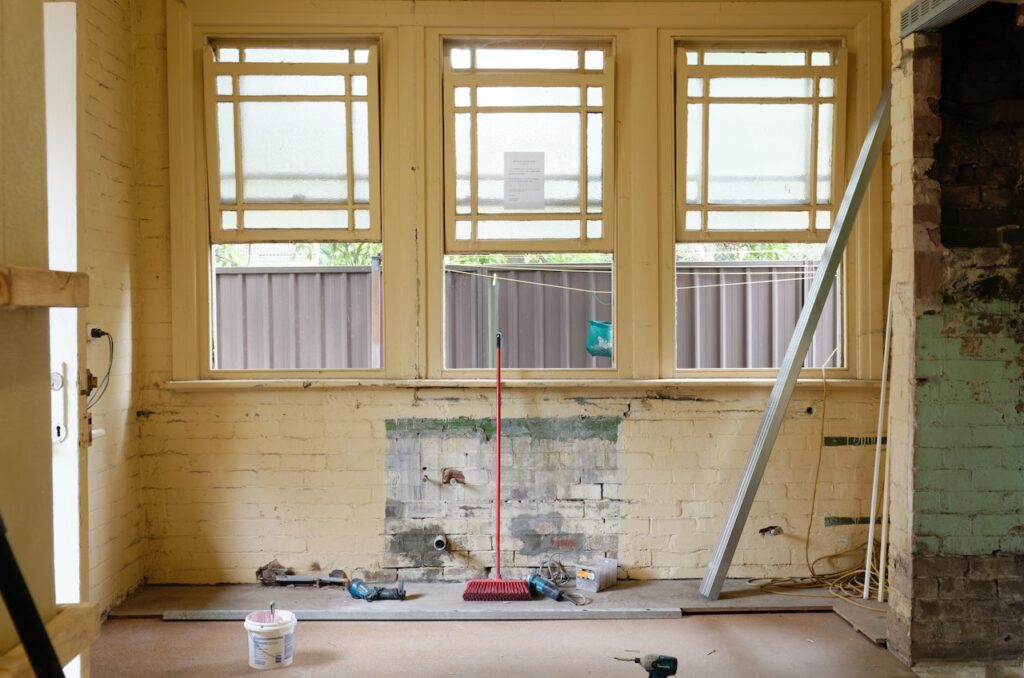
Close

Many homeowners tend to use the terms “renovation” and “remodel” interchangeably when considering home improvement projects, but there are crucial differences between the two. Renovating gives existing parts of your home a fresh look and upgrade without changing its overall structure, while remodeling involves altering the fundamental layout and floorplan.
Before you embark on any major demolition or construction project using words like “renovation” or “remodel”, it’s important to understand the scope and extent of change these terms actually entail. Getting clear on the exact definitions will empower you to budget accurately, set realistic timelines, and in the end make the right strategic decision on home upgrades to meet your needs and lifestyle.

Renovation refers to projects aimed at refreshing, restoring, or repairing parts of your existing property without changing its overall structure and layout.
Typical renovation projects include;
installing new flooring
repainting interior or exterior walls
replacing old fixtures and appliances
addressing roof leaks
modernizing bathrooms and kitchens
The goal of any renovation is enhancing functionality, aesthetics, comfort, and energy-efficiency to boost your property’s value. Renovation projects must comply with local building codes and are generally limited in scope to working within the current walls and foundation. Common examples range from simple projects like painting rooms or replacing cracked tiles, to more complex endeavors like a full kitchen overhaul with new cabinets, countertops, and flooring or a bathroom upgrade with improved lighting, new tiling, and fixtures.

Remodeling refers to projects that alter the existing structure and layout of your property. Remodeling endeavors range from small changes like removing walls or extending a room to large additions like building outward with new extensions. Typical home remodels require permits and construction to essentially recreate portions of the home to better suit the needs or design aesthetics of homeowners.
Remodeling projects may include;
Knocking down walls to open up floorplans
Finishing basements into livable spaces
Adding a second floor or cathedral ceilings
Installing skylights and new windows
Converting garages into spare rooms (may involve modifications to the garage door and entry point)
Moving or changing plumbing infrastructure and fixtures
The extent and scope of any remodeling project depends on budget, personal goals, and compliance with local building codes. Ultimately, remodeling aims to enhance functionality of the home’s spaces and boost overall property value.
While both renovations and remodels aim to improve your home, the key difference lies in their scale and focus. Renovations are like giving your space a facelift – think painting walls, replacing outdated fixtures, or updating cabinets. They focus on enhancing the existing layout and functionality without major structural changes.
Remodels, on the other hand, involve a more dramatic transformation. They often encompass altering the layout by removing walls, adding extensions, or changing the purpose of a room. This can involve complex changes to plumbing and electrical systems, requiring permits and potentially involving specialized professionals.
Remodelling projects often involve a wider range of materials and can be significantly costlier than renovations. While a fresh coat of paint or new cabinet knobs are considered renovations, tearing down an exterior wall to create an open floor plan would fall under a remodel.

Deciding between a renovation or remodel comes down to your needs and budget. Do you primarily want to refresh your existing living space with new paint, flooring, or appliances? Renovations are perfect for these improvements and can often be tackled as DIY projects.
However, if you envision a major transformation, like converting a small bathroom into a spa-like retreat or adding a master bedroom with a new sliding glass door to access a patio, a remodel is likely the way to go.
Remember, remodels involve potentially complex changes like rerouting water supply lines and typically require professional help, making them a bigger investment than most renovations.
While “renovation” and “remodel” might seem interchangeable, understanding the significant difference between them is crucial for planning your next home improvement project. Renovations focus on refreshing the existing space with smaller, more cosmetic changes, while remodels involve bigger transformations, often altering the layout and purpose of a room.
Remember, assessing your needs and budget is key. Consider if you want to enhance the existing space with a renovation project, like painting, refinishing floors, or updating fixtures, or completely change it through a remodel.
A home renovation project generally requires less investment and may not necessitate building permits, depending on the scope and local regulations. On the other hand, remodels often involve complex changes to plumbing, electrical systems, or structural elements, requiring permits and potentially involving specialized professionals.
Choose the option that best suits your vision and resources, and enjoy the process of creating your dream home!
At Elliott Construction, we provide a vast amount of home construction services and products to the North West. We build new homes in Cheshire, and our Cheshire builders are available in the following areas: